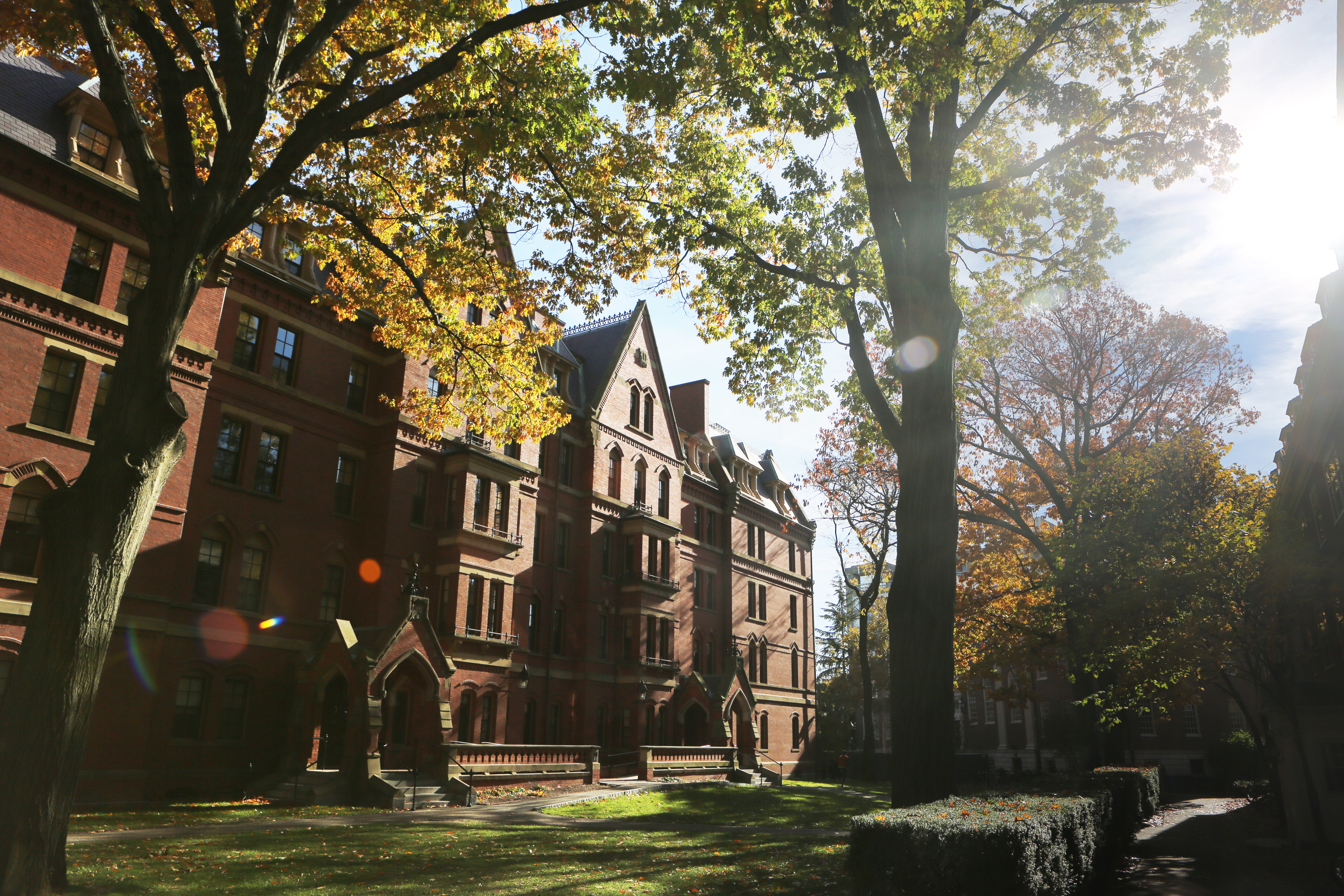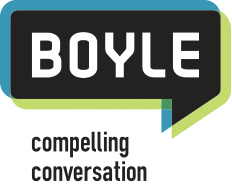How Getting into Harvard is Like Getting VC Funding

For much of this fall, the college admissions world has been gripped by the “Harvard trial.” That phrase has become a shorthand way of describing how a lawsuit brought by Asian-American applicants who were denied admission into the world’s most prestigious institution has turned into something much more.
In college admissions, that “much more” concerns the ways that a guarded and opaque process of judging applicants has become so very public. What once were “admissions secrets” are now out there for all the world to see.
By my review of those former secrets – through reading of trial transcripts and by following the incessant news coverage of the proceedings – I came upon something I had not really thought about before, but now seems fairly obvious: how getting into Harvard is like getting venture capital funding for a start-up, with some notable exceptions.
First, the obvious: the odds of getting into Harvard are extremely long, with single-digit acceptance rates in recent years, as are the odds of securing VC dollars for a new company.
Now one could also make another obvious point: that only very smart people get into Harvard, and only very smart people attract investors to their new venture. But that’s where the nuance of each process (Harvard admissions and VC funding) start to intercede, since a lot of smart people don’t get into Harvard and a lot of great ideas never get funded.

Who does get into Harvard and how are they similar in characteristics with who secures VC funding? Let me count a few of the ways:
- They have big personalities or, if they are introverts, they are “particularly reflective.”
It’s straight out of the Harvard admissions playbook: Admissions officers are urged to look for applicants with “unusually appealing personal qualities,” which could include “effervescence, charity, maturity and strength of character.” Just as outgoing (in personality) applicants tend to benefit most at Harvard, according to testimony, so too do outgoing business owners pitching their idea. That’s what is called “human nature.”
Yet just as newly issued Harvard admissions guidelines caution officers that character traits “not always synonymous with extroversion” should be valued, so too have I seen potential VC funders who are willing to look beyond the personality surface and reward company founders who are extremely insightful generally and/or dedicated to their business idea, specifically.
- They have a compelling life story.
In his testimony at the trial, Harvard admission dean William Fitzsimmons said the fact that “someone had overcome and surmounted obstacles” is given weight as “life experience” is due to the fact that it is seen as a strong indicator of success in college. I would argue these same qualities of resourcefulness and resilience are just as important to funders of a potential startup. I know they would be to me, should I ever be in that decision-making position.
- They are “A.L.D.C.’s”
I know you’re thinking: “Huh, what is this strange blogger I’ve never read before talking about?” What I am referring to is how the advantages that Harvard gives to Athletes, Legacies, Director’s List, and Children of faculty and staff (all well-documented at the trial), end up with those students getting accepted at a rate of about 45%, as compared to less than 5% for the remainder of the applicant pool.
While there are no reliable stats for “percent of early-stage companies that ask for and get VC funding,” it is only logical that an “A.L.D.C.” list of sorts also applies in the start-up world.
In this context, the “Athlete” may not play a sport (though it certainly doesn’t hurt) but he or she is likely to have some especially notable talent that will help them immeasurably on the “playing field” of the industry in which the proposed business will operate.
And certainly “Legacies,” “Director’s List,” and “Children of faculty and staff” are comparisons easily made in the business arena, as sons and daughters of successful people tend to be perceived as more likely to succeed and/or they have the connections to get on the list for the meeting times of busy VC partners who only have so much time to take pitches.
Now as I warned, there are a few notable exceptions to my theory. For instance, the ratio of matriculated students at Harvard is 52% male and 48% female, while the number of female company founders who get VC funding still hovers in the single digits. And more than 20% of company founders in recent years got their undergraduate education outside the US. It doesn’t take a Harvard degree to know that those successful entrepreneurs didn’t go to Harvard.
Nevertheless, I think my general point holds: getting into Harvard is lot like getting VC funding. You must be smart and hard-working, but it also helps to use connections to get a meeting, show in that meeting how you’ve overcome obstacles, and do it all with charisma and insight. But I forgot to mention the most important component: good luck, which is also a great sign-off for this column.
